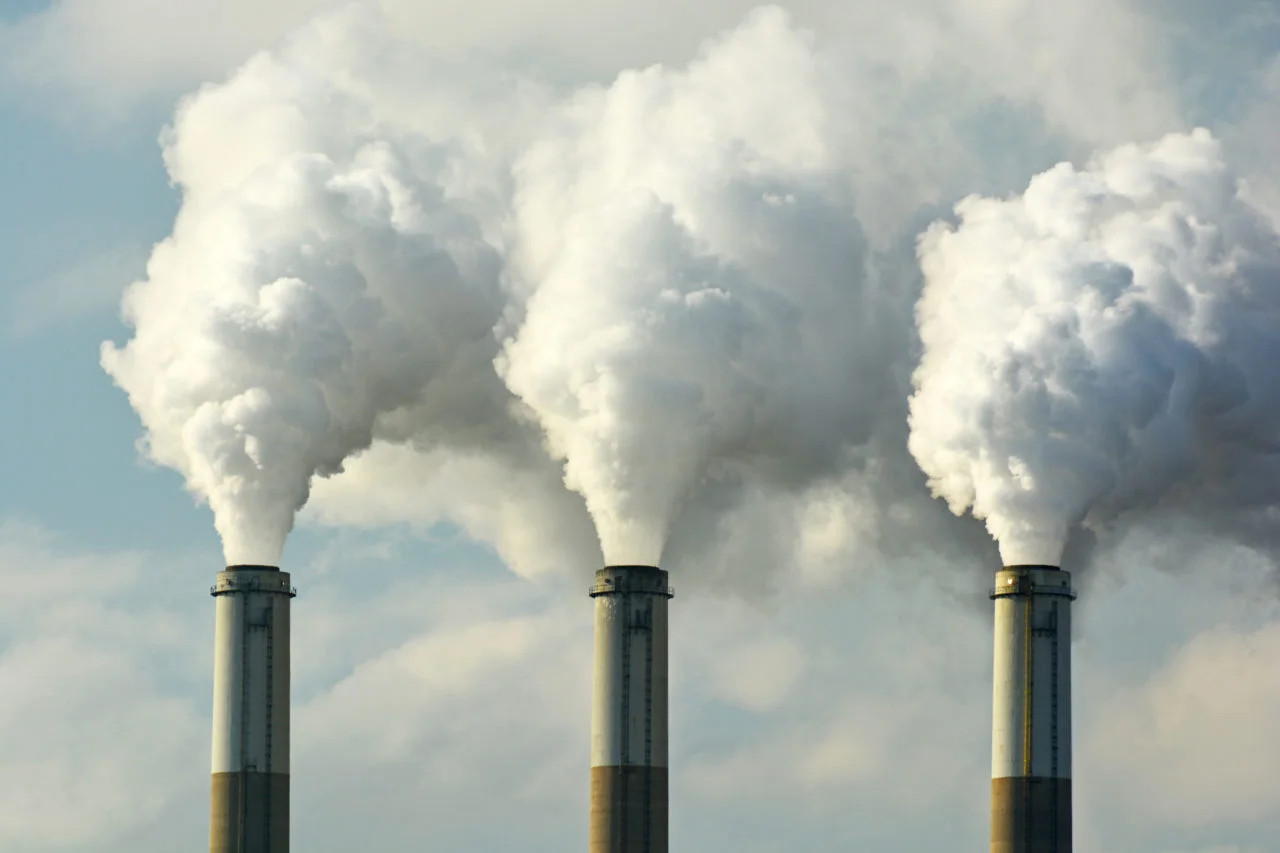Oil multinationals have been accused of undermining the realisation of the United Nations (UN) -backed Paris Agreement on greenhouse gas emissions with their new $50 billion projects initiated last year.
A new report at the weekend by a think-tank, Carbon Tracker, stated that the alleged move by the oil firms makes mockery of their mouthed support for the UN initiative geared at limiting global warming to 1.5 degrees Celsius by 2050.
The experts noted that the fresh projects would not be economically viable if governments implement the Paris pact due to their incompatibility with the global organisation’s advocacy.
Scientists view 1.5 degrees Celsius as a tipping point where climate impacts such as sea-level rise, natural disasters, forced migration, failed harvests and deadly heat waves would rapidly intensify if breached.
By implication, the think-tank sees the new $50 billion investments as tilted to worsening climate change.
The Carbon Tracker’s report, co-authored by Mike Coffin, a former geologist at BP, found out that the 18 new oil and gas projects could be left “deep out of the money” in a lower carbon world.
Another co-author and one-time analyst at Barclays, Andrew Grant, submitted that every oil major was allegedly betting heavily against a 1.5 degree Celsius world and investing in projects that run foul of the Paris goals.
The document concluded that oil and gas companies risk “wasting” $2.2 trillion by 2030 on new projects if governments apply stricter curbs on greenhouse gas emissions.
Previous reports on the implications of climate change for oil and gas companies by Carbon Tracker and other researchers had contributed to a wave of investor pressure on the majors to show that their investments were aligned with the Paris treaty.
While some of the affected companies have increased spending on renewable energy and introduced carbon reduction targets, the sector, however, said it needed to continue investing in new projects to meet future demand for oil and gas as Asian economies expand.
But Shell, in a statement, said it had set out an “ambition to halve net carbon emissions by 2050 in step with society as it moves toward meeting the aims of Paris.
“As the energy system evolves, so is our business, to provide the mix of products that our customers need.”
Also, BP in a statement said its strategy to produce low cost carbon oil and gas was in line with the International Energy Agency (IEA) forecasts and the Paris agreement.
However, the think-tank maintained that the big oil and gas companies spent at least 30 per cent of their investments last year on projects that were inconsistent with the path to limit global warming to even 1.6 degrees Celsius.







2 Comments